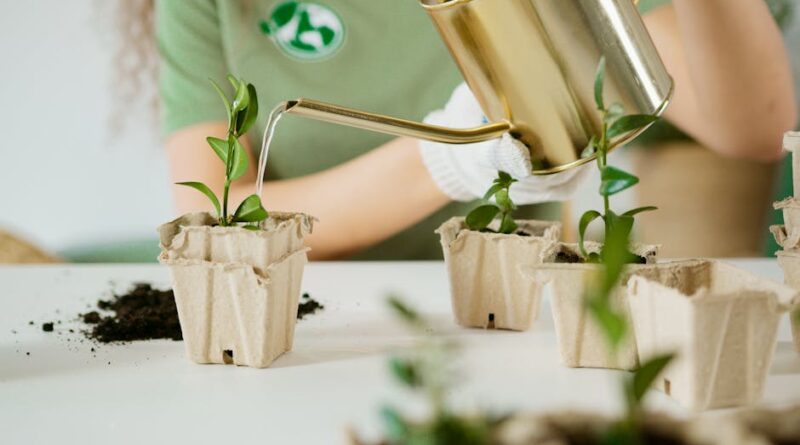The Importance of Water Conservation Practices
Did you know that only 1% of the world’s water is actually usable for drinking and agriculture? This staggering fact highlights just how crucial water conservation practices are. As populations grow and climate changes, the pressure on our water supply increases. So, what can we do to help? Lets dive into the importance of conserving water and explore practical steps we can all take.
Why is Water Conservation Important?
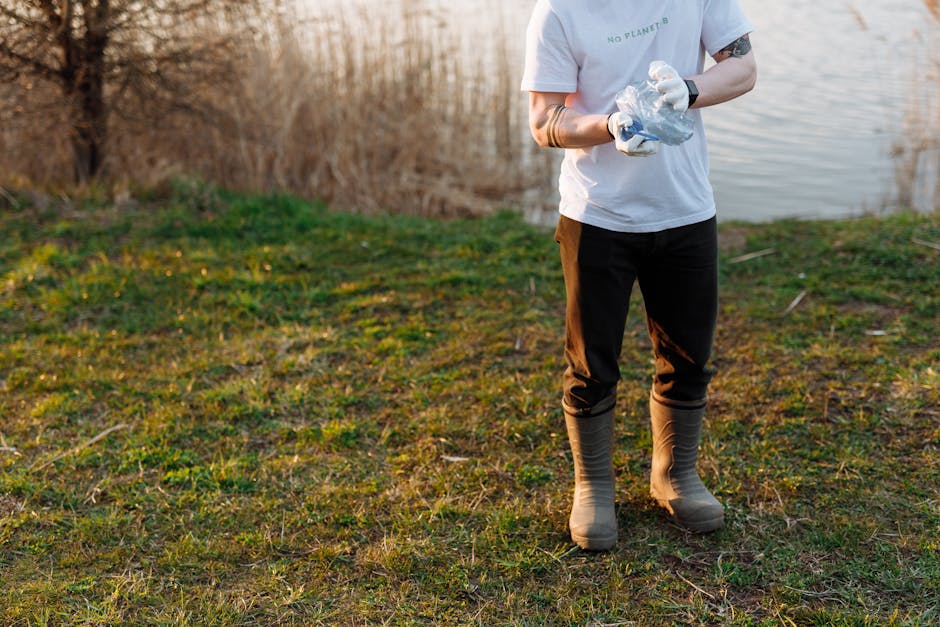
Water plays a vital role in our lives. We use it for drinking, cooking, cleaning, and even growing our food. Yet, many areas face water shortages. In fact, according to the United Nations, around 2 billion people live in countries experiencing water stress. This makes it essential to conserve water for future generations.
Conserving water not only helps tackle shortages but also protects our environment. Less water use means reduced energy consumption, as less energy is needed to pump, heat, and treat water. It also helps preserve natural habitats that rely on freshwater systems.
How Can We Conserve Water at Home?
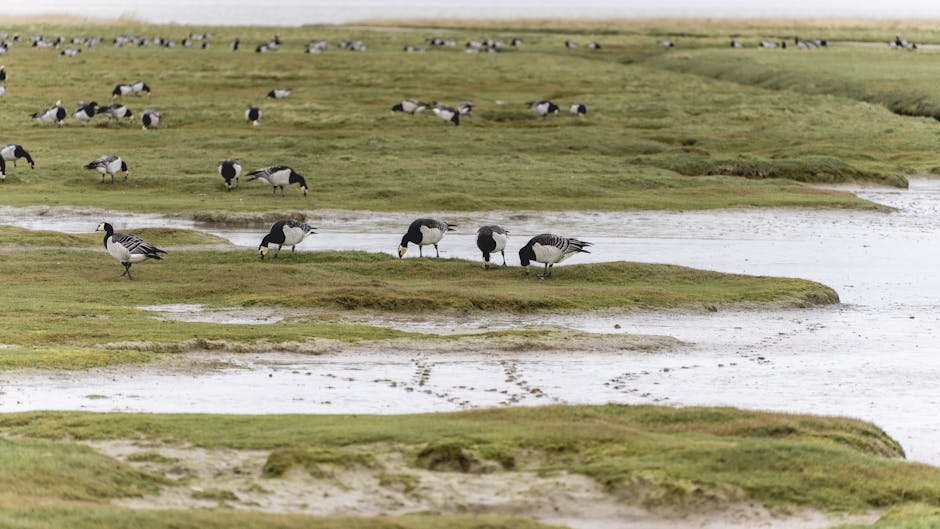
Making small changes at home can lead to big savings. Here are some easy practices to consider:
- Fix leaks: A dripping faucet can waste gallons of water each day. Check for leaks in your home and fix them promptly.
- Shorten showers: Aim for 5-10 minute showers. You can save up to 25 gallons of water with this simple change.
- Turn off the tap: don’t let the water run while brushing your teeth or washing dishes. This can save up to 8 gallons per day.
- Use a broom instead of a hose: When cleaning driveways or sidewalks, opt for a broom to save water.
These practices are simple but effective. Every drop counts!
What About Water Conservation in the Garden?
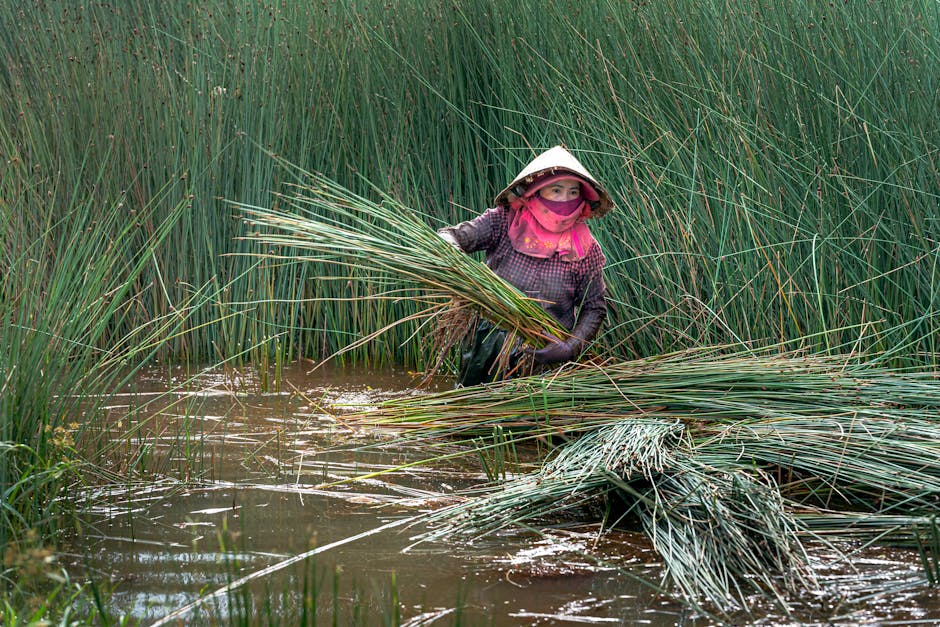
Gardening can be water-intensive, but there are ways to cut back. Heres how to keep your garden thriving while saving water:
- Choose native plants: Native plants require less water and are better adapted to your local climate. They often need less maintenance too!
- Water in the morning: Water your plants early in the morning to prevent evaporation. This helps your plants get the moisture they need.
- Collect rainwater: Install a rain barrel to collect rainwater. This can be used for watering your garden.
- Mulch your garden: A layer of mulch helps retain moisture in the soil, reducing the need for watering.
Implementing these strategies not only conserves water but also helps create a sustainable garden.
How Can Businesses Contribute to Water Conservation?
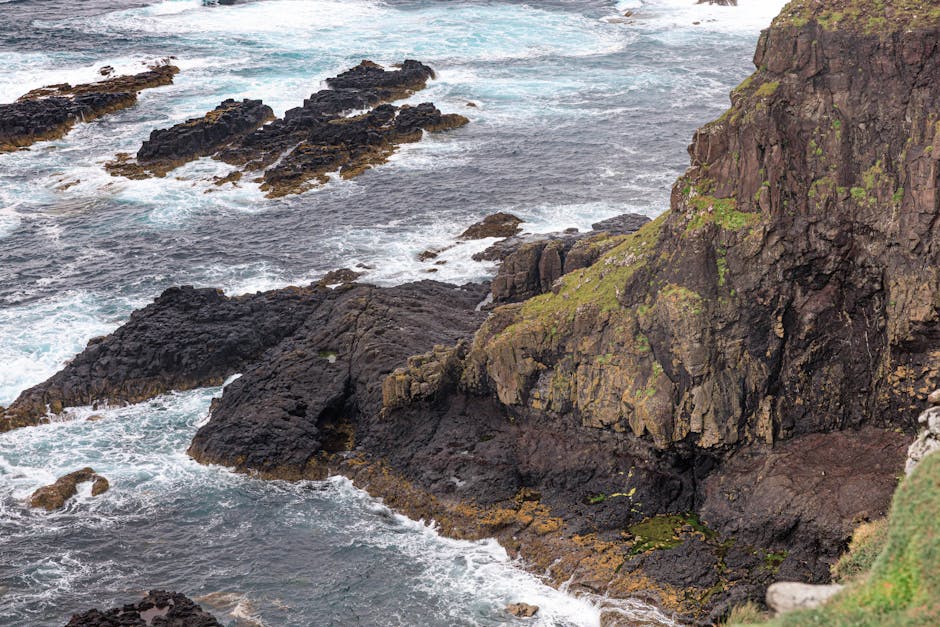
Businesses can play a significant role in water conservation. Many companies are now adopting sustainable practices. Here are some ways they can contribute:
- Conduct water audits: Businesses should assess their water usage to identify areas for improvement.
- Implement recycling systems: Recycle water used in processes whenever possible.
- Educate employees: Provide training on water conservation practices and encourage staff to participate.
- Invest in technology: Use water-efficient fixtures and appliances to reduce overall consumption.
Business leaders can set an example by prioritizing water conservation, leading to cost savings and a positive public image.
What Challenges Do We Face in Water Conservation?
Despite the importance of water conservation, several challenges persist:
- Public awareness: Many people are unaware of the water crisis and it’s effects on their lives.
- Infrastructure issues: Aging water systems can lead to significant water loss before it even reaches customers.
- Climate change: Changing weather patterns can lead to droughts and affect water supply.
- Policy gaps: Not all regions have strict regulations on water use, which can hinder conservation efforts.
Addressing these challenges requires the combined efforts of individuals, businesses, and governments. Together, we can make a difference.
What Role Do Governments Play in Water Conservation?
Governments have a critical role in promoting water conservation. They can implement policies and programs that encourage responsible water use. Here are some examples:
- Setting regulations: Establishing strict guidelines on water usage can help reduce waste.
- Incentives for conservation: Offering rebates for water-efficient appliances encourages residents to upgrade.
- Public awareness campaigns: Governments can educate citizens about the importance of water conservation through campaigns.
When government initiatives align with community efforts, significant progress can be made.
How Can Schools and Communities Foster Water Conservation?
Education is a powerful tool in promoting water conservation. Schools can integrate water conservation topics into their curriculum. By doing this, they teach students the importance of saving water from a young age.
Communities can also organize events that raise awareness. For instance:
- Water conservation workshops: Teach residents practical ways to save water at home and in their gardens.
- Community challenges: Organize competitions to see who can save the most water in a month.
Through education and community involvement, we can inspire collective action for water conservation.
What Are Some Common Misconceptions About Water Conservation?
As we talk about water conservation, it’s important to address some common misconceptions:
- Water conservation is only for drought areas: Every region can benefit from saving water, regardless of local conditions.
- I can’t make a difference: Every small action counts! Collectively, individual efforts can lead to significant savings.
- Water-efficient appliances are too expensive: Many appliances offer long-term savings that outweigh initial costs.
Understanding these misconceptions can help motivate more people to participate in conservation efforts.
What Are Some Simple Water Conservation Tips?
Want to start conserving water today? Here are a few simple tips:
- Use a dishwasher: It uses less water than hand washing, especially if run with a full load.
- Install water-saving showerheads: These fixtures can save gallons without sacrificing water pressure.
- Keep a pitcher of water in the fridge: This avoids running the tap until it gets cold.
- Only run full loads of laundry: This maximizes your water use and reduces waste.
Implementing even a few of these tips can lead to significant water savings.
What Can We Do Together?
In conclusion, water conservation practices are vital for our future. By making small changes in our daily lives, we can help preserve this precious resource. Whether at home, in our gardens, or through community efforts, every action counts.
Start today! Consider implementing one or two practices you’ve learned about. Share this knowledge with family and friends. Together, we can ensure a sustainable water future for generations to come.
For more information on water conservation practices, visit the EPA’s WaterSense website.
